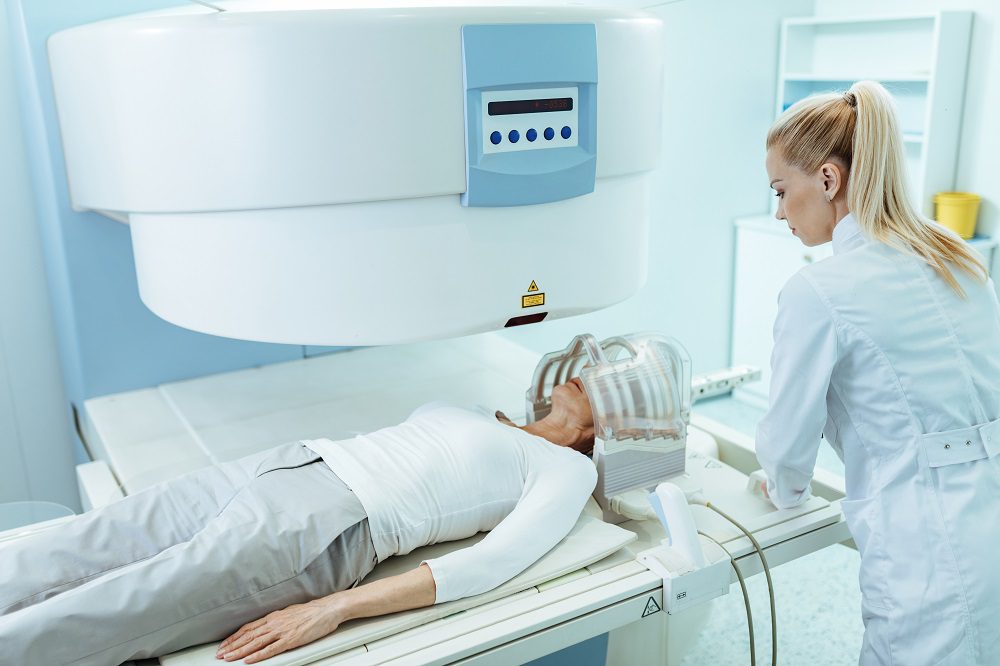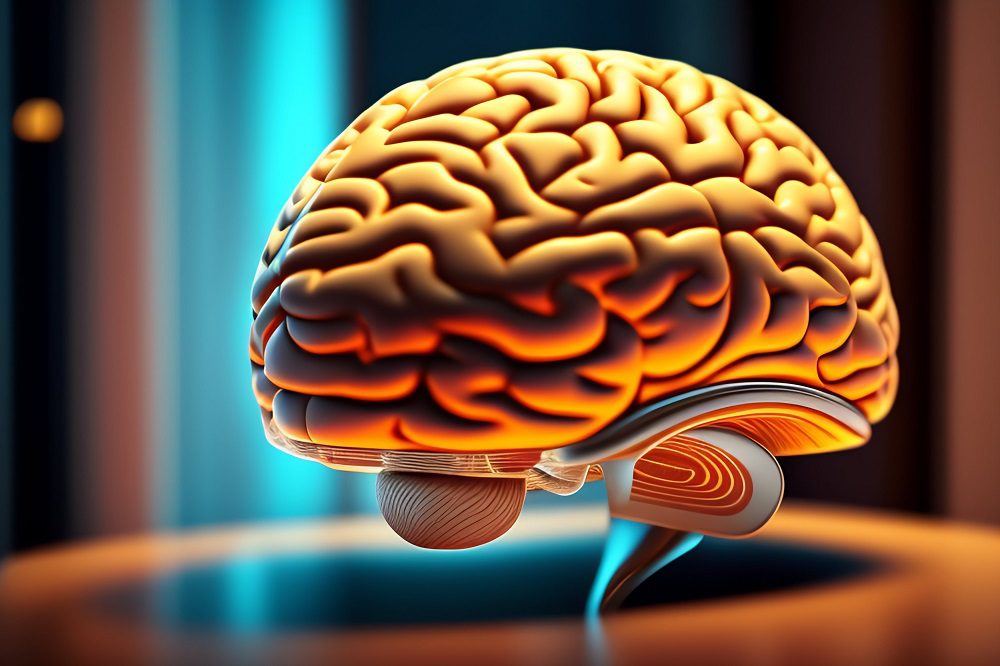Should artificial intelligence be used in conjunction with Neuroimaging in the diagnosis of Alzheimer’s disease?


Dementia, or Major Neurocognitive Disorder (MND), is a general term for any disease that causes a substantial decline in at least one cognitive domain including memory, learning, executive function, and additionally, impairs an individual’s ability to perform daily tasks. Alzheimer’s disease (AD) can be divided into three stages: early-stage (mild), middle-stage (moderate), and late-stage (severe). Each phase serves to classify the development of
Neural biomarker diagnosis and prediction to mild cognitive impairment and Alzheimer’s disease using EEG technology


Alzheimer’s disease (AD) is the leading cause of dementia, accounting for an estimated 60-80% of cases worldwide. Presently, there is no effective treatment for AD and only very limited medicines show the potential for delaying the progression of this neurodegenerative disease at its early stage. On the other hand, amnestic mild cognitive impairment
Empowering Hand Rehabilitation with AI-Powered Gesture Recognition: A Study of an sEMG-Based System


Stroke has become a major contributor to human death globally, with over 10 million people suffering from it annually. This debilitating disease affects the lives of patients and their families, significantly reducing the quality of life of all involved. Despite
Signaling pathways involved in ischemic stroke: molecular mechanisms and therapeutic interventions


Ischemic stroke is caused primarily by an interruption in cerebral blood flow, which induces severe neural injuries, and is one of the leading causes of death and disability worldwide. Thus, it is of great necessity to further detailly elucidate the mechanisms of ischemic stroke and find out new therapies against the disease. In recent
Misfolded GBA/β-glucocerebrosidase impairs ER-quality control by chaperone-mediated autophagy in Parkinson disease.


Inhibition of chaperone-mediated autophagy (CMA), a selective type of lysosomal degradation for intracellular proteins, may contribute to pathogenesis in neurodegenerative diseases including Parkinson disease (PD). Pathogenic variants
Microfluidic organ-on-chip technology for blood-brain barrier research


Organs-on-chips are a new class of microengineered laboratory models that combine several of the advantages of current in vivo and in vitro models. In this review, the advances that have been made in the development of organ
